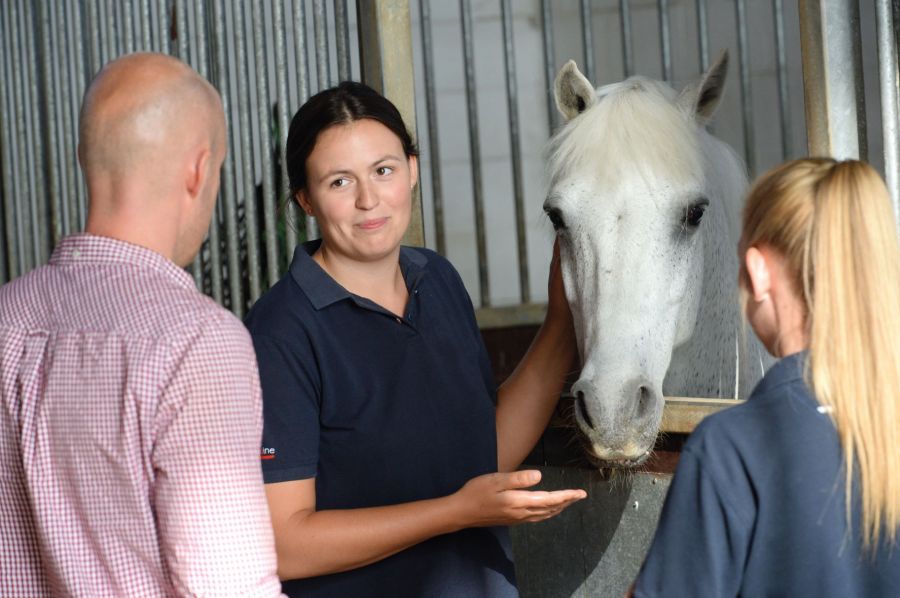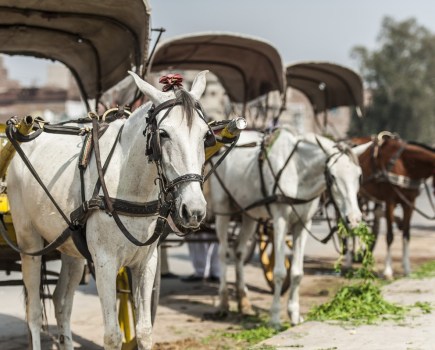A new collection of studies surrounding human behaviour towards equine health have been released by The Equine Veterinary Journal (EVJ).
The 20 articles, free to view for 12 weeks on the EVJ website, focus on understanding owner attitudes and motivation. They include research on horse owner knowledge and opinions on recognising colic, treating infectious disease and uptake of some of vaccination and deworming, as well as exploring attitudes and behaviour around equine obesity and laminitis.
Other studies highlight the importance of professionals other than vets such as farriers, equine podiatrists, physiotherapists, dental technicians, chiropractors, and equestrian organisations such as the British Horse Society.
Professor Celia Marr, Editor of the EVJ, described the papers as “compelling and eye-opening”.
“It is dangerous to assume an understanding of the motivators of horse owner behaviours and actions; these papers confirm the current lack of comprehension, providing an invaluable insight, which will ultimately help us to accelerate improvements in equine veterinary practice and, most importantly, equine welfare,” she said.
The virtual issues were guest edited by David Rendle and Tamzin Furtado.
“Behavioural studies are important in understanding health-related behaviours and in identifying potential barriers to change,” said David. “Failure to utilise behavioural science not only compromises the potential benefits of interventions but can result in overtly negative impacts on health.
“Models suggest that in order to change behaviour, we first need to understand that behaviour and endeavour to understand the attitudes and values which contribute to the behaviour being performed, as well as the social and environmental factors which make the behaviour easier or more difficult to carry out.”
Tamzin said the research paves the way for improved equine welfare.
“As our understanding of the drivers of behaviour develops, pre-existing behaviour change models will help us to understand the barriers and enablers to uptake,” she said. “With dissemination of this knowledge, we have a better chance of communicating effectively and implementing change that will have a positive impact on equine welfare at individual, community, and national level.”









